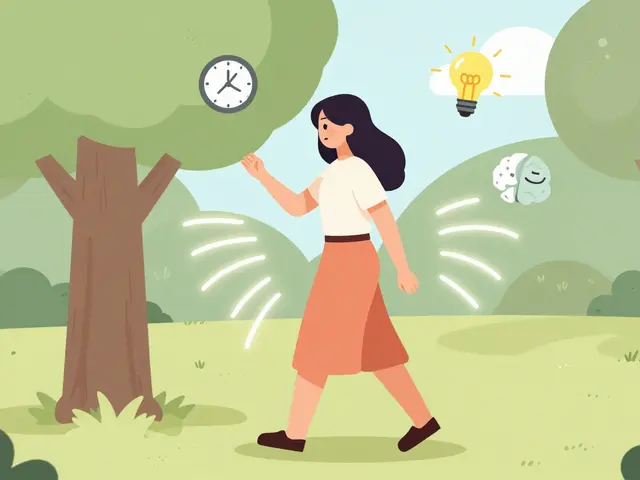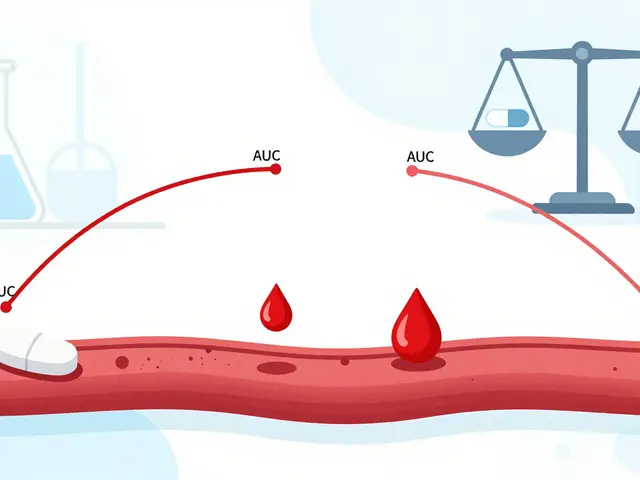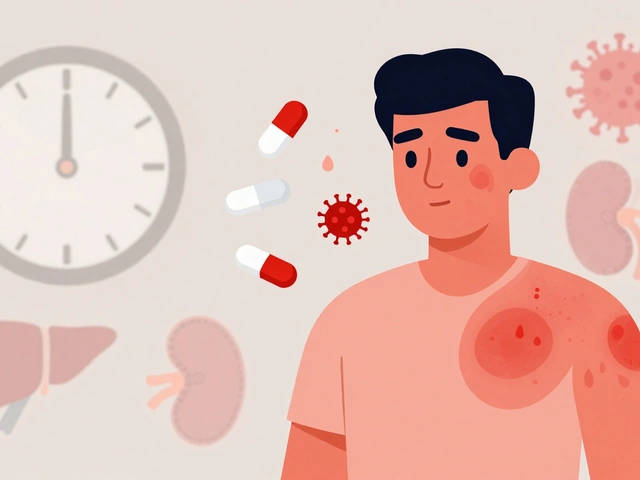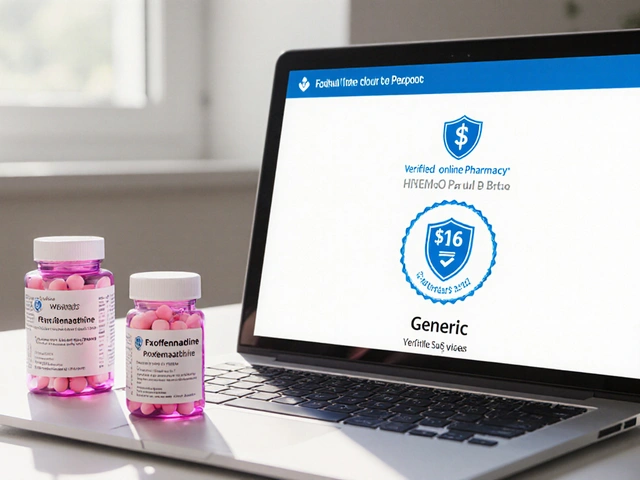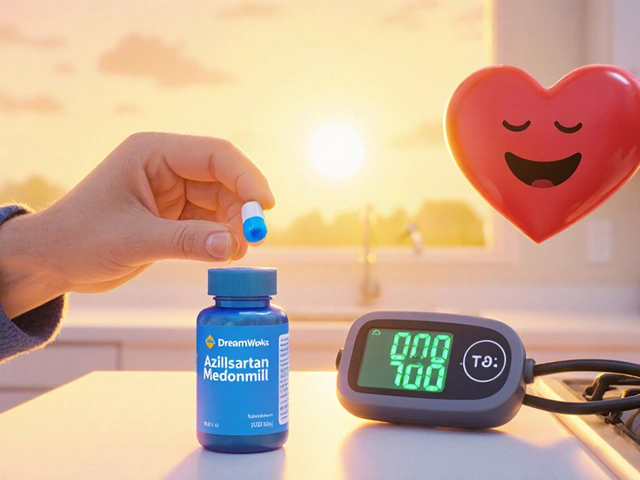Sinusitis: Quick Answers and Real Relief
Sinusitis means inflamed sinuses that make your face hurt, your nose clog, and your head heavy. It feels worse than a cold and can mess with sleep and work. You can get it from a virus, bacteria, allergy, or a blocked sinus opening. Most cases are viral and get better without antibiotics.
How to tell viral from bacterial? Viral sinusitis usually starts with cold symptoms and improves within 7 to 10 days. Suspect a bacterial infection if symptoms last more than 10 days without improvement, or if you feel better then suddenly worse, or if you have a high fever and thick green nasal discharge. For chronic sinusitis think about symptoms that persist more than 12 weeks.
At-home care helps most people a lot. Use saline nasal irrigation once or twice daily to flush mucus — a neti pot or squeeze bottle works. Try nasal steroid sprays for congestion and inflammation; use them daily for at least a week and often longer for chronic problems. Steam inhalation, warm compresses over the sinuses, and OTC pain relievers like acetaminophen or ibuprofen ease discomfort.
Medications to Know
Antibiotics are only for suspected bacterial cases — not routine colds. Your doctor might prescribe amoxicillin or another targeted antibiotic if symptoms meet the criteria. Nasal decongestant sprays (like oxymetazoline) can relieve congestion fast but use no more than three days to avoid rebound congestion. Oral decongestants can help but may raise blood pressure or cause jitteriness, so check with your doctor if you have health issues.
When to See a Doctor
Call your clinician if you have severe face pain, swelling around the eyes, fever over 102°F, vision changes, or confusion. Also see someone if symptoms drag on past 10 days or return after seeming to improve. For frequent or chronic sinusitis, your provider may suggest nasal cultures, CT scans, allergy testing, or referral to an ENT specialist. Surgery is rarely needed but can help people with structural blockages or persistent infections.
Prevent flare-ups by treating allergies, avoiding cigarette smoke, staying hydrated, and doing regular saline rinses during cold season. Humidifiers can help in dry homes. If you use a nasal spray steroid, keep using it as directed — many people stop too soon and then get worse. Managing underlying issues like nasal polyps or reflux also lowers risk.
Quick checklist: hydrate, saline rinse, nasal steroid, short-term decongestant if needed, OTC pain relief, see a doctor after 10 days or for severe signs. That routine covers most cases and gets people back to normal breathing faster.
Home remedies work, but don't ignore recurring problems. If you have frequent sinus infections ask about allergy shots, nasal steroid maintenance, or corrective surgery for a deviated septum. For people with asthma or aspirin sensitivity, mention it to your doctor — it changes treatment. Keep a simple symptom diary: note duration, trigger, smell loss, fever, and meds taken. That record helps your clinician make the right call faster and save time today.
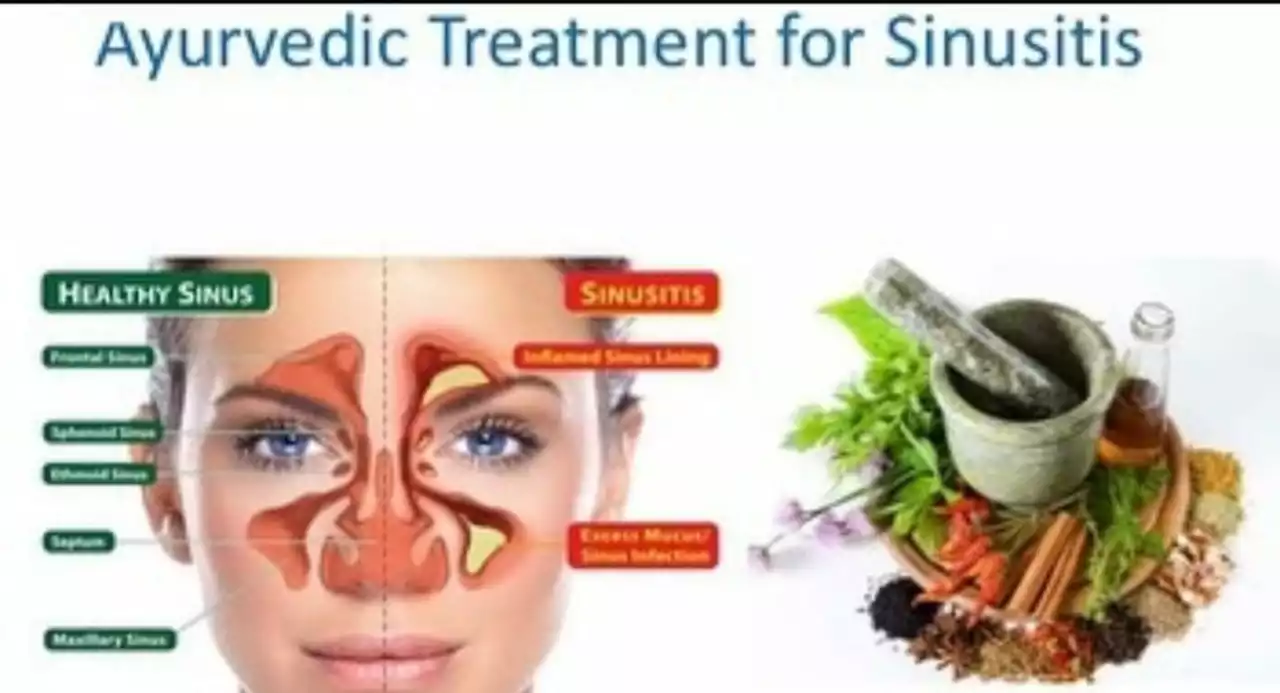
Bepotastine for Sinusitis: Is it a Viable Treatment Option?
As a sinusitis sufferer, I recently came across Bepotastine as a potential treatment option. After doing some research, I've found that it's an antihistamine, which can help with allergy-related sinus issues. However, its effectiveness in treating sinusitis caused by bacterial or viral infections remains uncertain. While there are some positive results, more research is needed to determine its overall effectiveness. So, for now, I'm considering it as a possible relief option for sinusitis, but not a definitive solution.
View More
